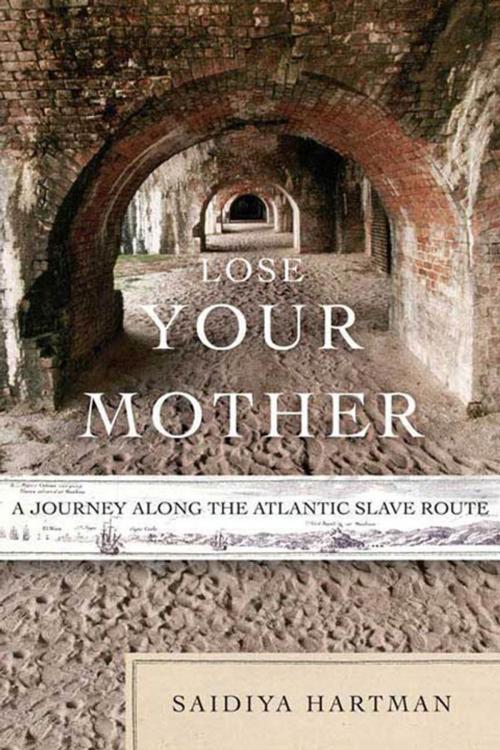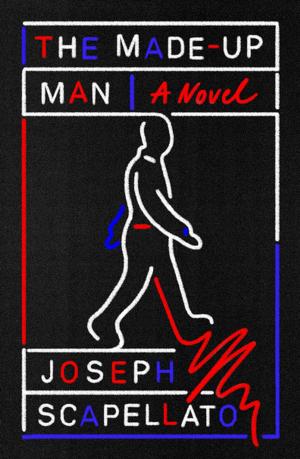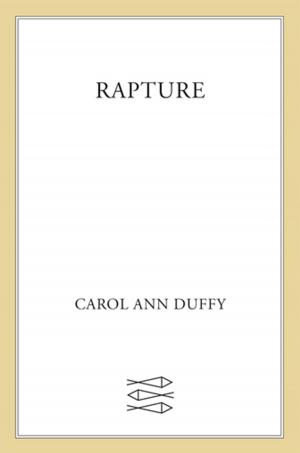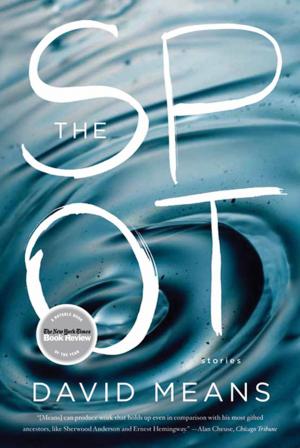Lose Your Mother
A Journey Along the Atlantic Slave Route
Nonfiction, History, Africa, Biography & Memoir| Author: | Saidiya Hartman | ISBN: | 9781429966900 |
| Publisher: | Farrar, Straus and Giroux | Publication: | January 22, 2008 |
| Imprint: | Farrar, Straus and Giroux | Language: | English |
| Author: | Saidiya Hartman |
| ISBN: | 9781429966900 |
| Publisher: | Farrar, Straus and Giroux |
| Publication: | January 22, 2008 |
| Imprint: | Farrar, Straus and Giroux |
| Language: | English |
In Lose Your Mother, Saidiya Hartman journeys along a slave route in Ghana, following the trail of captives from the hinterland to the Atlantic coast. She retraces the history of the Atlantic slave trade from the fifteenth to the twentieth century and reckons with the blank slate of her own genealogy.
There were no survivors of Hartman's lineage, nor far-flung relatives in Ghana of whom she had come in search. She traveled to Ghana in search of strangers. The most universal definition of the slave is a stranger—torn from kin and country. To lose your mother is to suffer the loss of kin, to forget your past, and to inhabit the world as a stranger. As both the offspring of slaves and an American in Africa, Hartman, too, was a stranger. Her reflections on history and memory unfold as an intimate encounter with places—a holding cell, a slave market, a walled town built to repel slave raiders—and with people: an Akan prince who granted the Portuguese permission to build the first permanent trading fort in West Africa; an adolescent boy who was kidnapped while playing; a fourteen-year-old girl who was murdered aboard a slave ship.
Eloquent, thoughtful, and deeply affecting, Lose Your Mother is a powerful meditation on history, memory, and the Atlantic slave trade.
In Lose Your Mother, Saidiya Hartman journeys along a slave route in Ghana, following the trail of captives from the hinterland to the Atlantic coast. She retraces the history of the Atlantic slave trade from the fifteenth to the twentieth century and reckons with the blank slate of her own genealogy.
There were no survivors of Hartman's lineage, nor far-flung relatives in Ghana of whom she had come in search. She traveled to Ghana in search of strangers. The most universal definition of the slave is a stranger—torn from kin and country. To lose your mother is to suffer the loss of kin, to forget your past, and to inhabit the world as a stranger. As both the offspring of slaves and an American in Africa, Hartman, too, was a stranger. Her reflections on history and memory unfold as an intimate encounter with places—a holding cell, a slave market, a walled town built to repel slave raiders—and with people: an Akan prince who granted the Portuguese permission to build the first permanent trading fort in West Africa; an adolescent boy who was kidnapped while playing; a fourteen-year-old girl who was murdered aboard a slave ship.
Eloquent, thoughtful, and deeply affecting, Lose Your Mother is a powerful meditation on history, memory, and the Atlantic slave trade.















